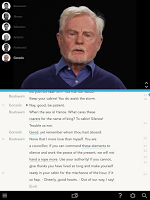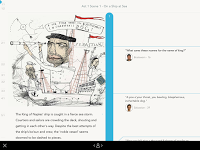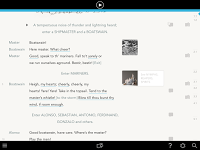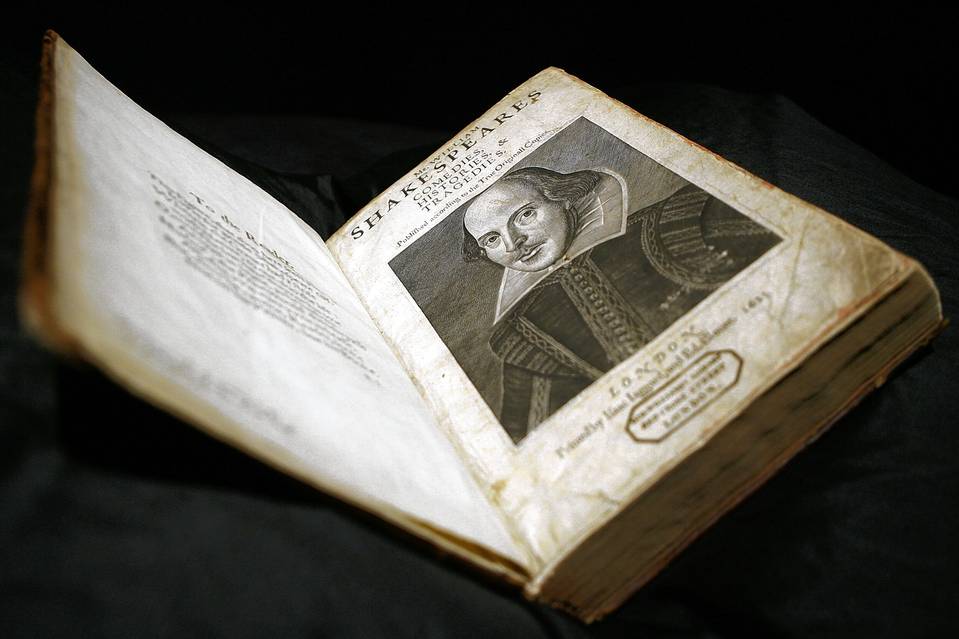This blog started in 2005, when my first child was just barely three years old. She’s now entering high school and has two younger siblings. They’ve grown up with Shakespeare. It goes without saying that if I could have found age appropriate Shakespeare material for them since birth, I would have been all over it. True there was that short lived “Baby Einstein” series that had a “Baby Shakespeare” offering, but that was really just random poetry and nothing especially Shakespeare.
My kids are grown now and reading Shakespeare on their own, but I think about all the new and soon to be parents out there that are in the same situation that I was, that maybe want some Shakespeare stuff for baby, and aren’t finding it, but don’t have a great soapbox like I do 🙂
So that is the reason I’m very excited about this Kickstarter for Behowl the Moon, a “board book” based on A Midsummer Night’s Dream and aimed at ages 0-3.
It’s important to get the word out about a project like this. It’s not the kind of thing that goes straight to viral and makes its goal in half an hour. At the time of this post they’re about 1/3rd of the way there, and I seriously hope that they make it. I keep saying my kids are too old, but as my pal Bardfilm reminded me, one day I’ll need something to read to the grand babies. Can you just imagine? Passing our love of Shakespeare down two generations? I just can’t even.
Projects like this seeing the light of day pave the way for other projects to do the same, and the world gets more Shakespeare for all ages, and before you know it there’s generations of geeklets growing up with love, rather than fear, of the greatest writer the world has ever known. Who says you can’t change the world? Go big or go home.
I know that money’s a funny thing and not all of us have the kind of disposable income we wish we had. But I also know that I’ve got well over ten thousand followers, all with friends and family and followers of their own, so take a moment and hit whatever version of the “share” button you prefer and keep spreading the word! Let’s push them over their goal and get this thing made!









